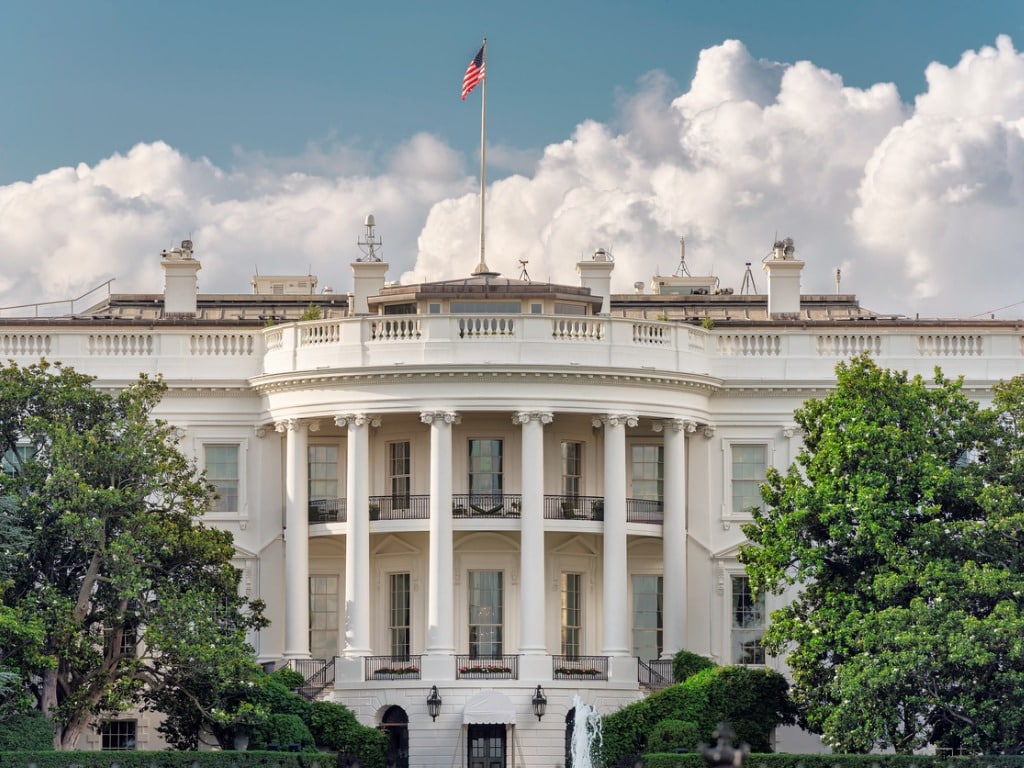On December 6, the Biden-Harris administration released the first-ever United States Strategy on Countering Corruption. The document outlines an approach for the United States to elevate its fight against corruption. The strategy includes enlisting whistleblowers to curb illicit finance and protecting global whistleblowers who expose corruption.
The Biden-Administration signaled that anti-corruption would be a central aspect of its foreign policy in June when it released a Memorandum on Establishing the Fight Against Corruption as a Core United States National Security Interest. In the memorandum, President Biden wrote: “Corruption threatens United States national security, economic equity, global anti-poverty and development efforts, and democracy itself. But by effectively preventing and countering corruption and demonstrating the advantages of transparent and accountable governance, we can secure a critical advantage for the United States and other democracies.”
Following the release of the anti-corruption memorandum, whistleblower advocates began calling for the Biden-Harris Administration to include whistleblowers in its anti-corruption strategy. For example, leading whistleblower attorney Stephen M. Kohn of Kohn, Kohn & Colapinto penned a piece outlining nine ways the Biden Administration can use whistleblowing to fight corruption.
“The empirical record fully supports aggressively implementing and supporting Dodd-Frank Act-style whistleblower programs as a critical component of the United States’ international anti-corruption efforts,” Kohn states. “Supporting these programs will generate billions in sanctions that can be reinvested into the anti-corruption program and will enjoy the overwhelming support of anti-corruption NGOs and government officials around the world. The American people will back up these programs, and given the effectiveness in protecting taxpayers and investors, will profit from a robust transnational approach to anti-corruption and whistleblower protections.”
The newly released anti-corruption strategy organizes U.S. government efforts to fight corruption under five mutually-reinforcing pillars: modernizing, coordinating, and resourcing U.S. Government efforts to fight corruption; curbing illicit finance; holding corrupt actors accountable; preserving and strengthening the multilateral anti-corruption architecture; and improving diplomatic engagement and leveraging foreign assistance resources to achieve anti-corruption policy goals.
As part of the curbing illicit finance pillar, the strategy aims to increase anti-money laundering efforts. This includes “expanding investigative tools as well as new information generated by whistleblower programs and enhanced beneficial owner information disclosure obligations.”
Whistleblower advocates like Kohn have pushed for the Biden administration to center anti-money laundering whistleblowers as part of its anti-corruption efforts. However, advocates argue that reforms are needed to the Anti-Money Laundering Act of 2020 in order for the United States to have an effective anti-money laundering whistleblower reward system.
In his article, Kohn explains that “as whistleblowers learn that the current framework for the AML whistleblower law is more of a trap than a protection law, there will be a chilling effect on the entire AML-disclosure process, which will also undermine trust in ongoing whistleblower programs. Given the destructive role money laundering plays in facilitating international corruption, fixing this law should be the number one priority of the Biden administration.”
Senator Chuck Grassley (R-IA) has proposed an amendment to address the issues with the whistleblower provisions of the AML Act. This amendment is widely supported by whistleblower advocates.
In addition to utilizing the anti-money laundering whistleblower program, the Biden-Harris anti-corruption strategy includes plans to protect international whistleblowers who expose corruption across the globe. Under the pillar improving diplomatic engagement and leveraging foreign assistance resources to achieve anti-corruption policy goals, the strategy states: “We will protect anti-corruption actors and defend the freedom of expression of anti-corruption activists, whistleblowers, and investigative journalists.”
December 9 is the United Nations’ annual International Anti-Corruption Day. This year’s focus is on each individual’s “rights and responsibilities” to tackle corruption. WNN has compiled a list of movies to stream about whistleblowing and anti-corruption.
Read:
